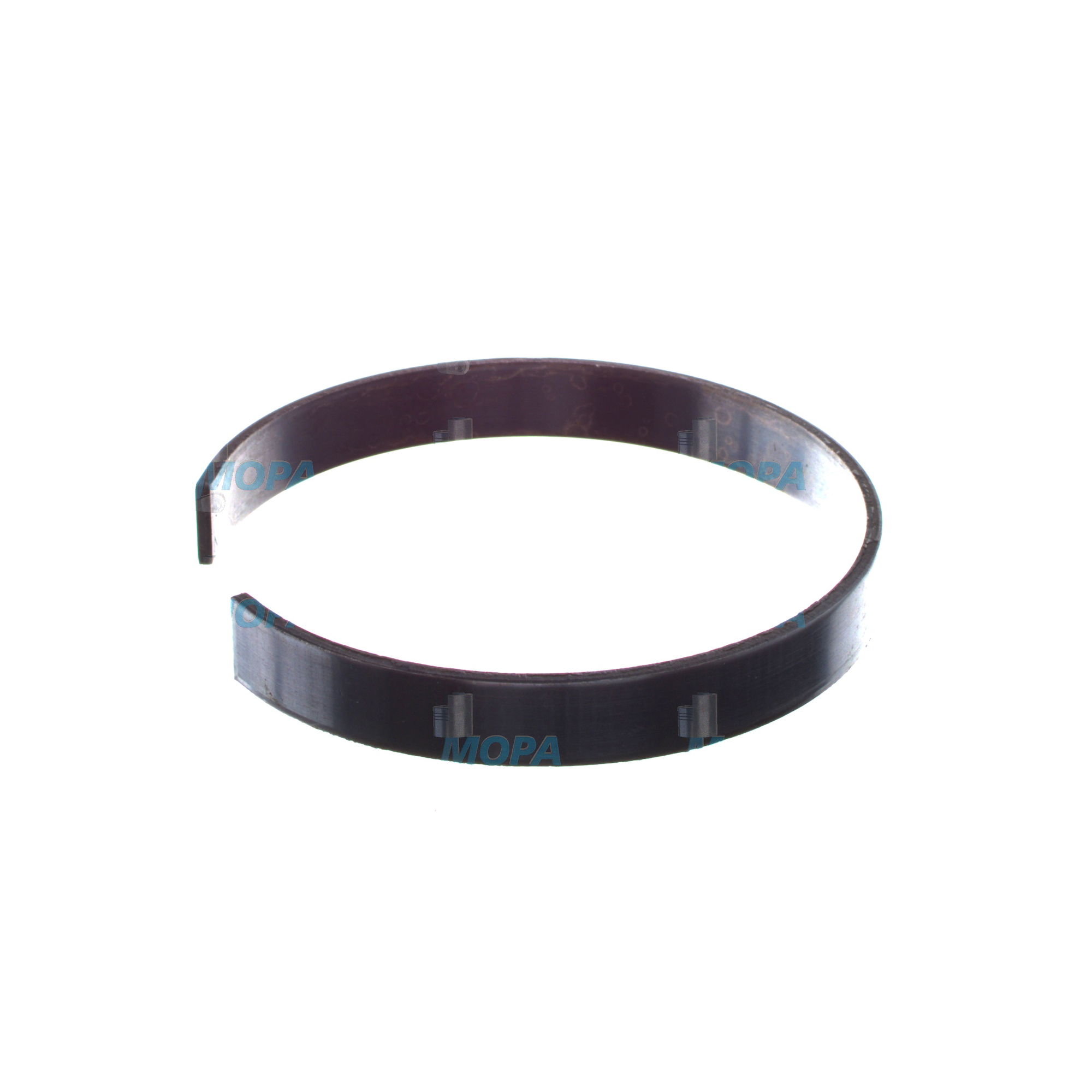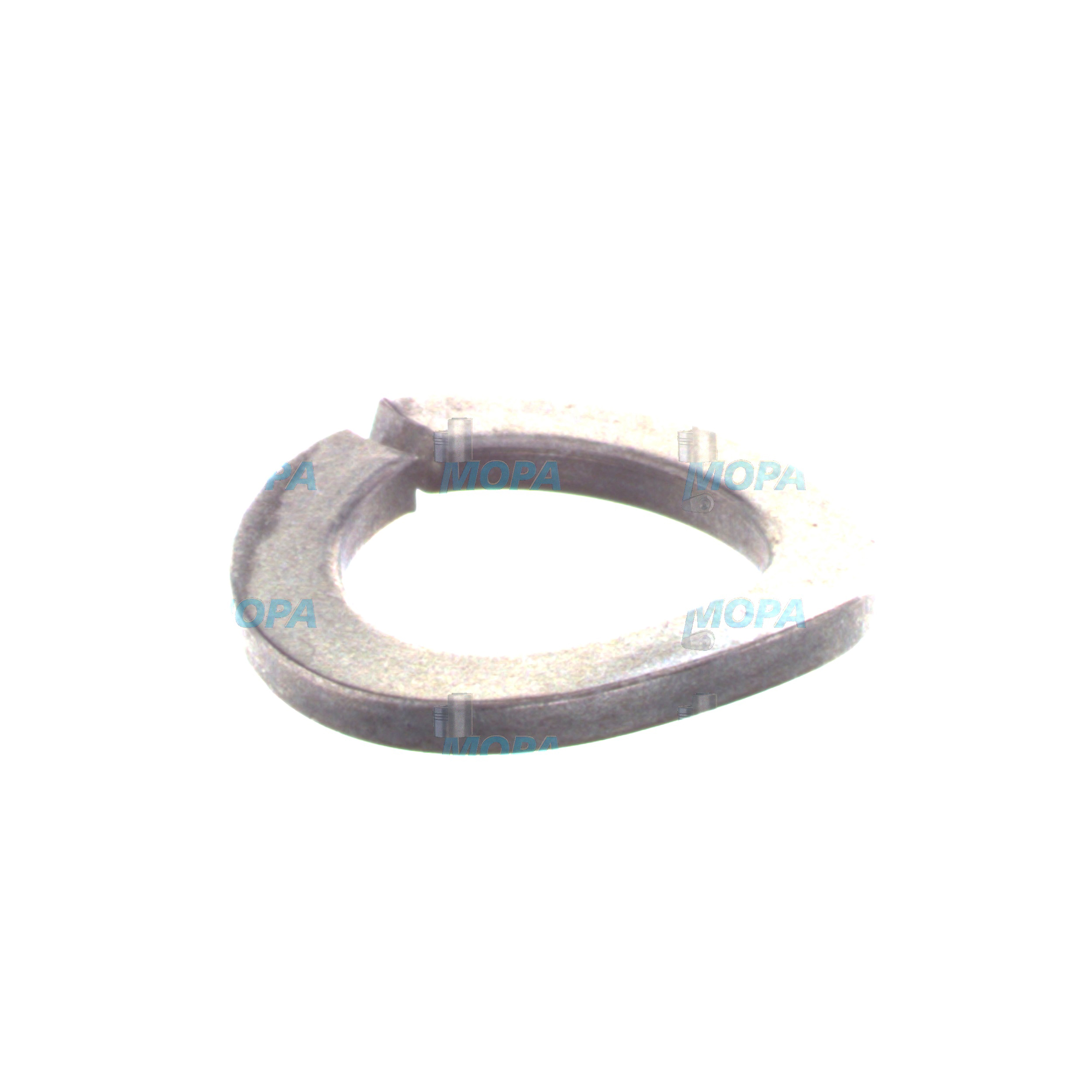LOCK WASHER Washers for Diesel and Gas Engines
Washers are small but vital mechanical components used to distribute load, maintain bolt preload, and protect contact surfaces in engine assemblies. Within this category, the LOCK WASHER plays a central role wherever vibration, thermal cycling, and shock loads threaten to loosen fasteners. In marine engine rooms, on heavy-duty diesel engine gensets, and across industrial gas engines, high-quality washers ensure that bolted joints remain tight, leak-free, and aligned—safeguarding performance and uptime.
Engine builders and operators rely on a range of washer types—including flat washers, spring washers, toothed designs, sealing washers, shims, and tab styles—to match specific joint demands. Selected correctly, they minimize embedment losses, reduce fretting, preserve joint stiffness, and stabilize the torque–tension relationship over thousands of operating hours. This is why washers are present from cylinder covers and turbocharger brackets to pump flanges, exhaust manifolds, and foundation connections.
Technical function of Washers and LOCK WASHER in marine engine and diesel engine applications
Every bolted joint is engineered around preload: the clamping force that keeps mating parts together under dynamic loads. Washers enhance this preload in several ways. Flat washers increase the bearing area under the nut or bolt head, preventing local yielding and surface damage—especially on softer or coated materials—while reducing preload loss due to embedment. Hardened flat washers (matched to the bolt property class) are vital under high loads to keep the friction coefficient and contact pressure within design limits.
The LOCK WASHER adds a second layer of safety against self-loosening. In a diesel engine subject to torsional vibration, pulsation, and thermal gradients, micro-movements can cause the fastener to rotate incrementally if friction is surpassed. Spring-type and toothed LOCK WASHER variants resist this by either providing spring energy that maintains contact pressure or by creating multiple biting points that increase joint resistance to rotation. In critical marine engine flanged joints—such as exhaust and turbo interfaces—wedge-type locking washer pairs are often selected to convert loosening forces into additional clamp via cam angles greater than thread pitch angles, preserving preload even under severe vibration.
Material and surface treatment matter. Alloy steel washers with controlled hardness (e.g., HV classes aligned to bolt grades) prevent brinelling, while stainless steels (e.g., 316 for seawater exposure) improve corrosion resistance. Coatings such as zinc flake or phosphate-and-oil help stabilize friction and protect against corrosion without risking hydrogen embrittlement. Correct dimensions per recognized DIN/ISO norms ensure proper fit, concentricity, and consistent performance. When paired correctly with bolt property classes, washers preserve the designed torque–tension curve, reducing the risk of under- or over-tightening during service.
Key characteristics and advantages of Washers
· Distribute load to protect joint surfaces.
· Maintain preload by minimizing embedment loss.
· LOCK WASHER prevents rotation under vibration.
· Stabilize friction for predictable torque–tension.
· Improve safety on exhaust, turbo, and pump flanges.
· Reduce fretting and micro-movement in dynamic joints.
· Corrosion-resistant options for marine environments.
· Standardized dimensions for repeatable assembly.
· Compatible with diesel engine and gas engine OEM parts.
· Support longer service intervals and lower downtime.
Importance for engine operation and service life
Reliable joints are the backbone of engine integrity. If washers are omitted, mismatched, or degraded, clamping force can drop quickly—leading to leaks on coolant, fuel, oil, or exhaust systems; hot-gas blow-by at manifold joints; misalignment of auxiliaries; and early fatigue of brackets or studs. Even minor loss of preload may increase vibration levels and accelerate wear in connected components such as turbocharger casings, charge-air coolers, or gear-driven accessories.
Over time, a worn flat washer can dish or embed, and a fatigued LOCK WASHER may lose elasticity or tooth sharpness. The result is a gradual path to self-loosening, with the risk of bolt failure, gasket damage, thermal hotspots, or unplanned shutdowns. In marine engine service, where access is limited and maintenance windows are short, using the correct washer specification is essential to protect both safety and lifecycle costs.
Advantages of OEM spare parts suitable for Washers and LOCK WASHER OEM parts
OEM spare parts suitable for washers ensure that dimensions, hardness, and coatings match engine-builder specifications. This delivers consistent torque–tension outcomes and predictable performance, reducing the need for rework during commissioning or scheduled maintenance. Material traceability and documented heat treatment give confidence that each LOCK WASHER will retain its mechanical properties across the intended temperature range.
For purchasers and fleet operators, this consistency translates directly into reliability and budget control. Correctly matched OEM spare parts suitable for washers cut the risk of preload scatter, helping joints survive vibration profiles typical of high-speed diesel and large-bore gas engines. They also support planned maintenance with standardized kits, minimize stock complexity, and reduce downtime through seamless interchangeability. In short: better joint integrity, longer service intervals, and fewer costly interruptions.
MOPA – your partner for LOCK WASHER OEM parts
MOPA is an experienced and reliable partner for OEM spare parts suitable for washers across diesel and gas engines. We combine fast sourcing with stringent quality checks and secure documentation to keep critical projects moving—on board, in power plants, and in industrial settings. Our portfolio covers flat, spring, toothed, and wedge-locking solutions, aligned with engine-maker specifications for marine engine and land-based installations.
Speed, quality, and security define our approach. MOPA provides short lead times through a robust supplier network, batch traceability for compliance, and careful packaging to preserve coatings and dimensional accuracy. From single LOCK WASHER items to complete fastening kits, our team supports urgent AOG/critical-vessel needs and scheduled overhauls alike, ensuring you receive the right OEM parts, on time and ready for safe installation.
Fast sourcing and delivery for diesel engine and marine engine LOCK WASHER
Whether you are replacing exhaust manifold hardware, re-mounting pumps, or aligning alternator brackets, MOPA streamlines the procurement of LOCK WASHER and complementary OEM parts. Benefit from technical support on selection, hardness matching to bolt grades, and corrosion-resistant options for harsh environments—so your engines maintain preload, efficiency, and safety throughout the service cycle.
Conclusion: Washers and LOCK WASHER for dependable engines
Washers—especially the correctly specified LOCK WASHER—are essential to secure, long-lasting engine joints under vibration and heat. Selecting OEM spare parts suitable for washers protects performance, reliability, budget, and service life.
With MOPA, purchasers and operators gain a trusted partner for fast, quality-assured supply of LOCK WASHER OEM parts for diesel and gas engines.









